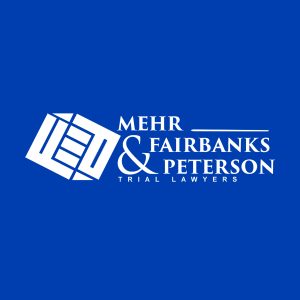
Recently, an 11th Circuit Court in Florida held that when a private settlement constitutes an “excess judgment” under an insurance policy, the insured(s) can use the amount in the settlement to bring a bad-faith claim against their insurer. This decision overturns a previous 2019 decision (which was unpublished) stating that the only method through which insureds could establish a bad-faith excess judgment claim was after the case had reached a jury verdict at trial. The insureds in this case are now able to bring suit against their insurer, Geico Insurance, for allegedly agreeing to a settlement in excess of policy limits.
The policy at issue in this case was an auto insurance policy that gave coverage for up to $100,000 (per person) for bodily injury. The insureds under the policy were at fault in an accident, causing serious bodily injury to the other party, the costs of which exceeded the policy limits. When the parties could not reach an agreement during settlement negotiations, the injured driver sued the insureds in Florida state court. The insureds were then provided with counsel by Geico for the duration of the suit, as was dictated by their policy. The parties eventually reached an agreement in the form of a settlement, but the amount agreed upon drastically exceeded the policy limits. The terms of the settlement delineated that one of the insureds (the owner of the vehicle involved in the accident, but not the driver at the time) would pay to the injured party $474,000. This amount is small compared to the amount the settlement required of the at-fault driver, which came out to $4.47 million. The settlement also included that Geico would agree to not hold the insureds in breach of the policy through acceptance of the offer.
Florida state law provides that insureds may bring bad-faith insurance claims when the insurer grants an “excess judgment,” meaning that the insurer (in bad-faith) chose to accept a settlement agreement that exceeded policy limits. Under this principle, the insureds filed a claim against Geico, requesting damages amounting to the total agreed upon in the settlement that was over the $100,000 policy limit. Prior to this decision, the case against Geico would have been dismissed since the excess judgment was not award through a jury verdict after trial. Judge Kevin C. Newsom disagreed with this precedent, as his opinion on the matter stated, “a jury verdict is not a prerequisite to an excess judgment in a bad-faith action.” Judge Newsom’s reasoning relies on Florida state law, reiterating that when insureds are, “subject to excess judgments, they [can] prove causation in their bad-faith case.” Further, Judge Newsom states that previous opinions in lower courts which had relied on the older decision may not have properly interpreted the state law. He states that the reliance on the precedent was caused through a misinterpretation of another previous case in which a jury verdict happened to be present, which should not have resulted in a requirement that a jury verdict must exist in all cases.
 Kentucky ERISA Disability & Life Insurance Claim Lawyers
Kentucky ERISA Disability & Life Insurance Claim Lawyers

